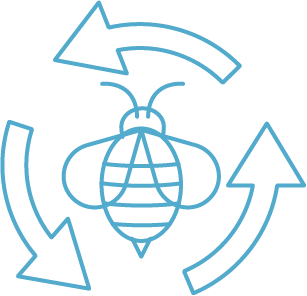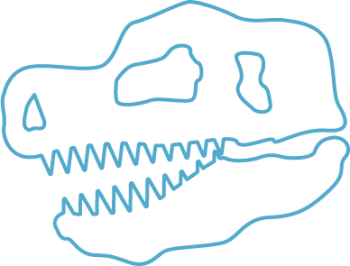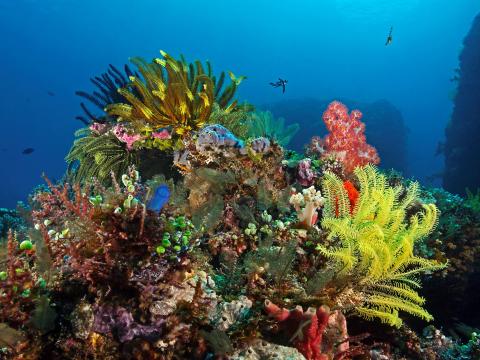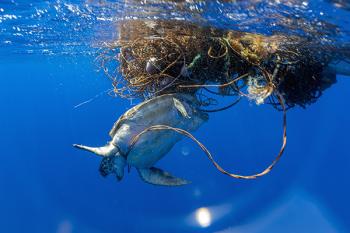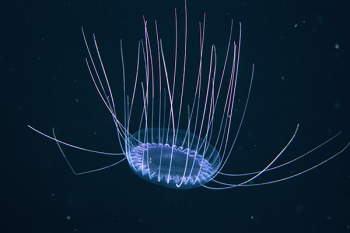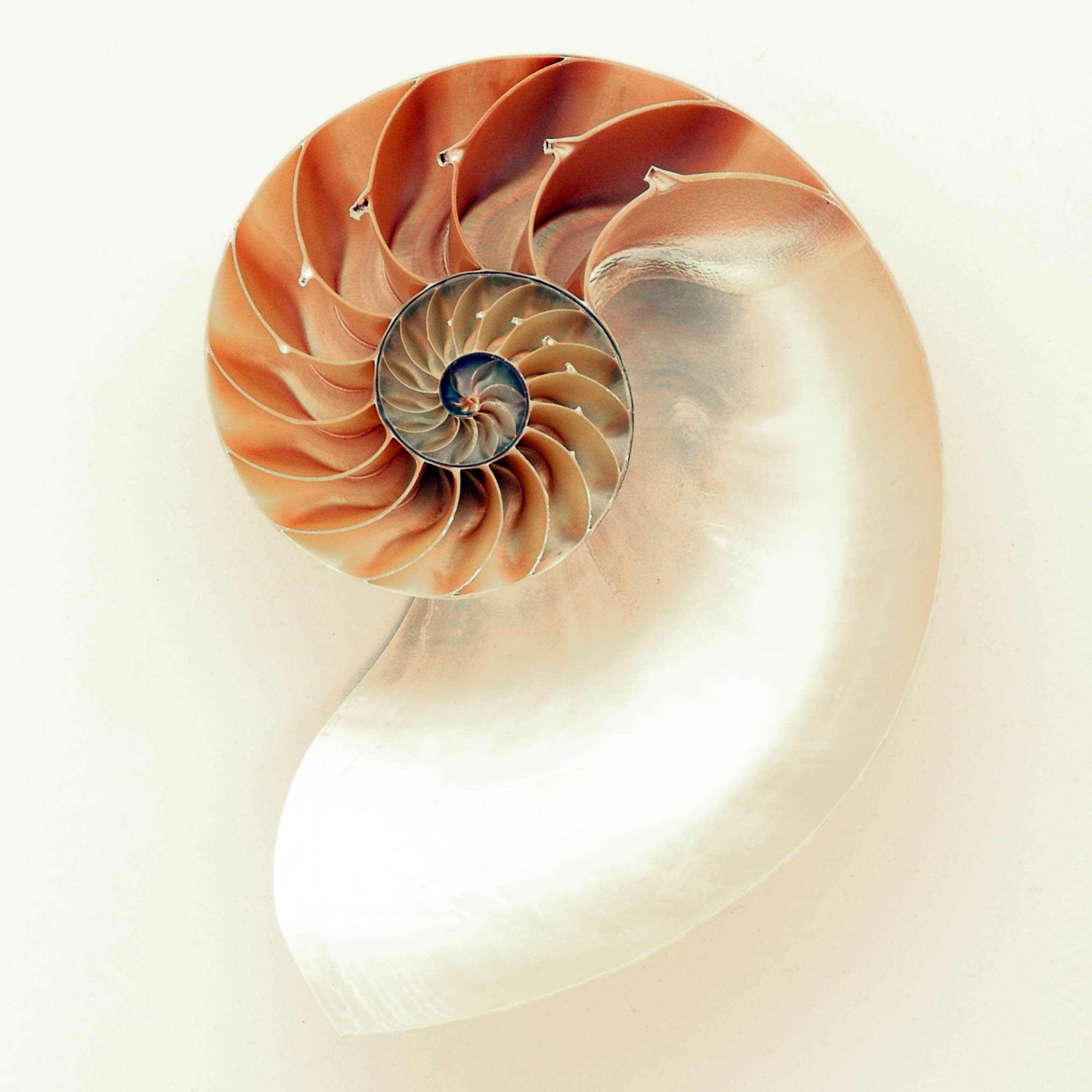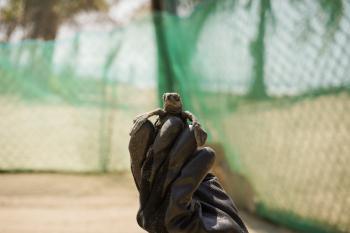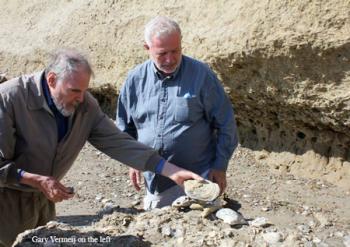Read the Shape of Life blog about echinoderms and climate change.
Read the Shape of Life blog about ocean warming and sand dollars.
Echinoderms are especially sensitive to disease-driven mass mortality events, which are happening more frequently with climate change. A sea star wasting disease was first noticed in 2013. It was soon found that the disappearance of sea stars was having an effect on entire ecosystems. At first scientists thought it was caused by a virus, but it became evident that what caused the disease was more complicated. The sunstar, Pycnopodia, was especially vulnerable and by 2021 it disappeared from Southern California south through Baja. Warming oceans may be the culprit.
In the Fall of 2021, scientists fear a cucumber wasting disease in British Columbia.
Ocean acidification can affect echinoderms in multiple ways. As with other marine invertebrates, it will inhibit the growth of their calcium carbonate skeletons. In addition it may interfere with their reproduction, alter their behavior or even just increase mortality.
Scientists studying juvenile urchins find that one species is sensitive to a decrease in pH (ocean acidification) and as a result are preyed on more.
There are lots of echinoderms in the Antarctic and they are more vulnerable to acidification because of the chemical composition of their tests. Read more in the article: "Antarctic Echinoderms: Canary in a Coal Mine for Ocean Acidification?"
The decaying remains of echinoderms contribute significantly to the amount of carbon bound up in ocean sediments. From Science Daily: "Echinoderms contribute to global carbon sink; impact of marine creatures underestimated."
Sea cucumbers play an important role as recyclers in the marine environment. Now scientists think that they may play a protective role in coral reefs threatened by climate change.

